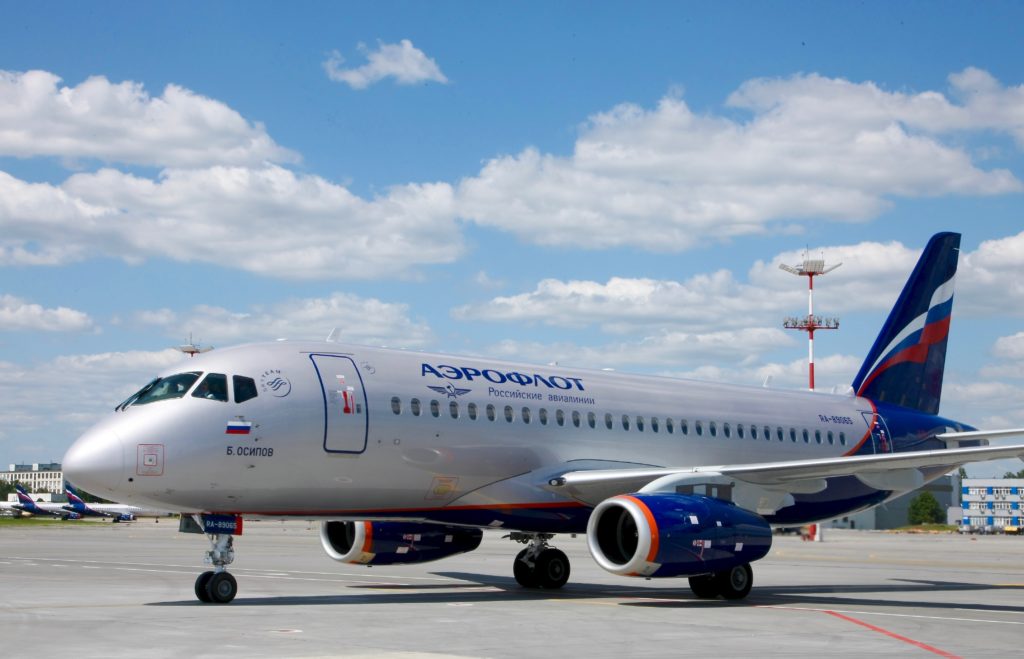Russia Considers Nationalisation Of Aircraft To Save Aeroflot
Contributors are not employed, compensated or governed by TDM, opinions and statements are from the contributor directly

Foreign sanctions could lead to the Russian government deciding to nationalise all of its Boeing and Airbus planes to prevent them from returning to their lessors; the Ministry of Transport has been in discussions with the country’s major airlines.
Russian airlines were reportedly advised that the state could only protect the flag carrier during an emergency meeting. Privately-owned carriers were asked to deal directly with their lessors and try to postpone the repossession of their planes until a solution could be found.
Even if the Russian government were willing to buy out the airline’s leased planes with the freezing of Russian currency holdings overseas, it would probably not be able to finance the deals because of the financial sanctions. As a result, the aircraft would be essentially nationalised, with no payment to the lessors.
Sanctions imposed by the European Union following Russia’s invasion of Ukraine give all EU lessors until March 28 to terminate contracts with Russian airlines and repossess the aircraft.
Several Russian companies, including Pobeda, Aeroflot’s low-cost subsidiary and an operator of a fully leased Boeing 737 fleet, announced that they would “protect their fleet” and try to prevent losing the aircraft.
Sanctions will impact at least 589 Russian-operated aircraft, based on estimates by consulting firm IBA.
According to industry sources, Aeroflot was not considering the forced nationalisation of its planes, realising that such a move would undoubtedly result in direct sanctions against the airline. So far, the airline has not been directly targeted in any of the sanctions and is affected by the general restrictions on Russia’s aviation and finance industries.
Aeroflot stated in a stock market filing that despite the sanctions, it believed it could continue operations as a widespread concern, preventing the airline’s service of all European, Canadian and American destinations and areas adjacent to those areas.
“To maintain its viability as a going concern, the group’s management feels that the company’s domestic passenger air travel activities are a significant element of its business. As long as this scenario remains or worsens, it will have a significant detrimental impact on the company and the economic climate in which it operates, “said the airline.
More than two-thirds of all passengers transported by Aeroflot Group in January 2022 travelled to the United States. An in-depth breakdown of the company’s 2021 annual revenue was not included in the document, and it went to say that it was now hard to gauge the long-term effects of the sanctions.
Airbus, Boeing, and Embraer have also announced that they will no longer provide spare parts to Russia, in accordance with sanctions imposed by the EU and the United States on the country. According to the American manufacturer, its Moscow engineering centre operations will be suspended. At the same time, Airbus stated that it was reviewing whether it could continue to provide local services in Russia for its customers.


Comments are closed.